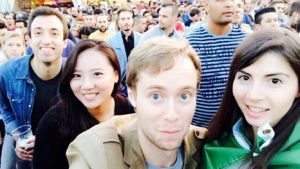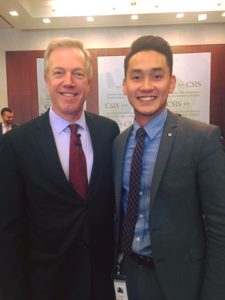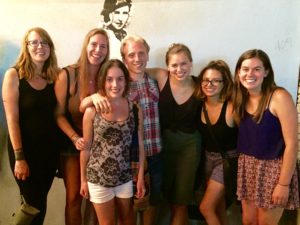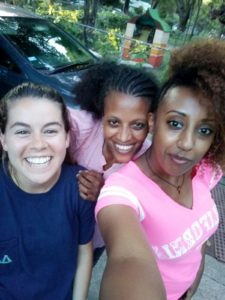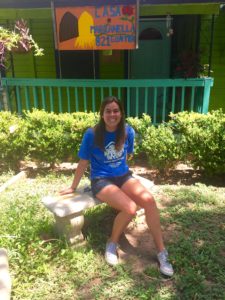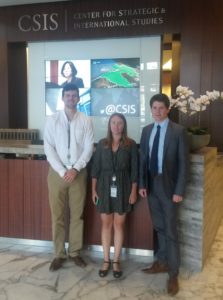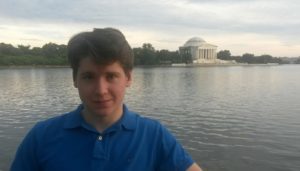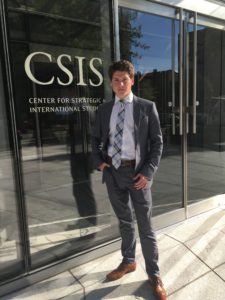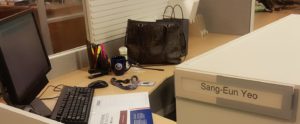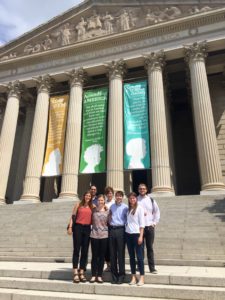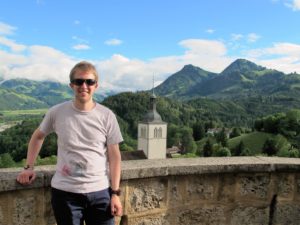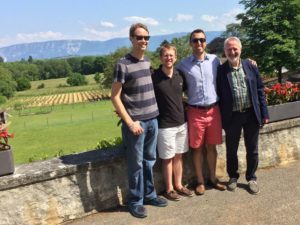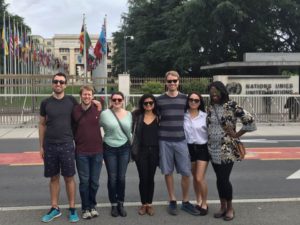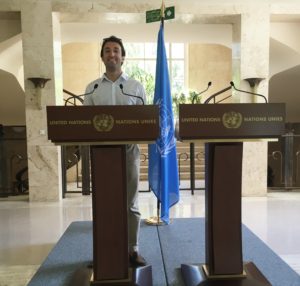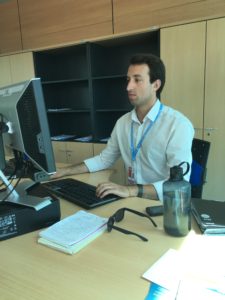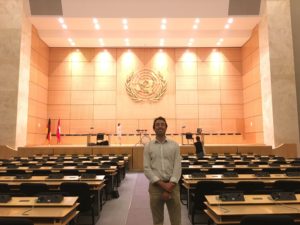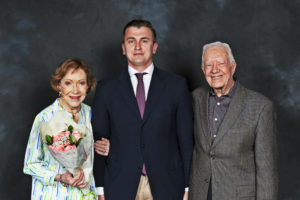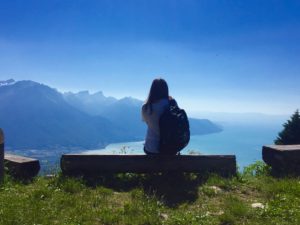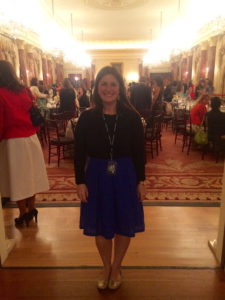Suhyeon Lee is a recent MAIR graduate. Last summer, she had a great opportunity to intern with International Organization for Migration in Geneva as part of the Graduate Internships in Geneva program. Last fall, she also interned with United Nations Information Center in Washington D.C. as part of the Maxwell‑in‑Washington program.
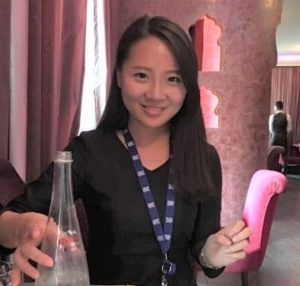
There are a myriad number of people who move to new countries to alleviate suffering or live a better life that their home country cannot provide. However, they face many challenges such as continued poverty, discrimination and hostility from their host country. A country cannot be a perfect place where everyone gets along and everyone can get everything they want, but I believe that if we try to understand and embrace one another, we can make a better world.
During the summer, I had the opportunity to intern with the Assisted Voluntary Return and Reintegration unit, International Organization for Migration (IOM) in Geneva. Assisted Voluntary Return and Reintegration (AVRR) is an indispensable part of a comprehensive approach to migration management aiming at orderly and humane return and reintegration of migrants who are unable or unwilling to remain in host countries and wish to return voluntarily to their countries of origin.
My major duty in the AVRR unit was to assist in the development of reports and statistics on assisted voluntary return and reintegration and support the analysis of studies on AVRR by identifying relevant conclusions, good practices and gaps. As a part of the analysis of studies on AVRR, I researched microfinance as a tool to strengthen sustainable reintegration of returnees in countries of origin, focusing on opportunities and challenges. Also, I had an opportunity to design the website of the AVRR unit as a project of strengthening outreach to stakeholders, beneficiaries, and the public.
During the summer, I gained a better understanding of IOM’s work as an inter-governmental organization in the field of migration, and how the organization works with governmental, intergovernmental, and non-governmental partners to help ensure the orderly and humane management of migration. Finally, this internship allowed me to become acquainted with the development of programs and projects related to assisted voluntary return and reintegration.
